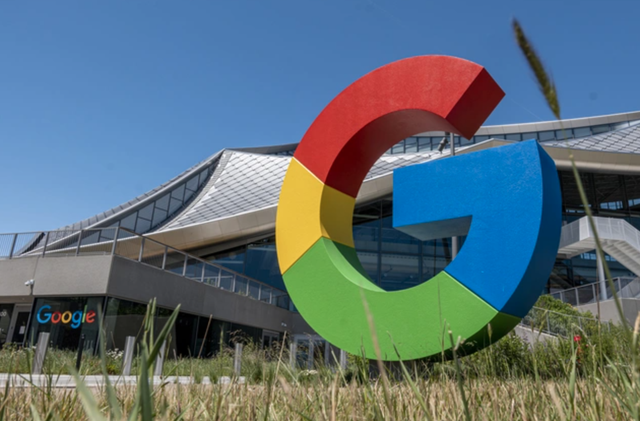Google Struggles to Keep Up with Advancements in AI Technology

Google, once at the forefront of the internet revolution in the late 1990s and early 2000s, is now facing challenges in the rapidly evolving field of artificial intelligence (AI). With the emergence of AI-powered chatbots like ChatGPT, Google risks losing its dominant position in the market.
In contrast, Microsoft, a longstanding competitor, has made strategic moves by investing in OpenAI and incorporating their CoPilot service into its major software products. As a result, Microsoft is now the most valuable company in the world.
Although Google’s Gemini has been well-received as a formidable competitor to OpenAI’s latest technology, the company is still struggling to succeed in the field of creative AI. Disorganization and lack of unity within the organization have hindered Google’s efforts.
During a recent event, CEO Pichai expressed his surprise at the sudden interest in AI, even though he recognized the importance of artificial intelligence years ago. Pichai remains optimistic, believing that the AI era is still in its infancy and that Google is well-positioned for what lies ahead.
However, Google’s initial response to ChatGPT revealed several weaknesses. The quick and inadequate response from Bard, Google’s AI model, resulted in Alphabet, Google’s parent company, losing $100 billion in market value in just one day.
According to internal sources, Google’s leading position in the search market attracted excessive attention, causing the company to hesitate in moving quickly and overreact when mistakes occurred. Pichai himself acknowledges the challenges posed by Google’s immense scale.
Many Google employees are expressing disappointment, with software engineer Diane Hirsh Theriault, who has worked at the company for eight years, stating on LinkedIn that the leadership lacks a clear vision and instead focuses on vague directions for AI.
While Pichai is admired by many, there are concerns that his calm leadership style may not be suitable for the breakthrough Google needs. The excessive focus on AI product details could distract Pichai from his role as CEO. External pressures are mounting on Pichai to be more decisive.
In a major move following the launch of ChatGPT, Pichai facilitated the merger of Google’s AI research divisions, DeepMind in London and Google Brain in California, in April of last year. DeepMind co-founder Demis Hassabis was appointed as the head of the combined group, named Google DeepMind.
Even within the newly merged organization, there are still divisive factions hindering business-oriented approaches. They specifically point to the divide between teams working on Gemini and those focused on fundamental research.
Google, now 25 years old, has experienced five U.S. presidencies and two major market crises. While it once held a special position on Wall Street, recent troubles have made Google seem dull.
The consequences are significant: employee talent migration, outdated products, and excessive reliance on advertising revenue. This raises the question of what to do when a company loses its glamour.
When Google went public in 2004, Larry Page and Sergey Brin did not intend for it to become an average company. That promise lasted for at least a decade, and Google created a new Silicon Valley culture, a paradise for engineers with high salaries.
“The culture was amazing. It was incredibly new and exciting in the early 2000s. Google created a giant internet bubble, built high-speed networks, and even mapped the Earth with satellite imagery. The company even tried to extend human life,” said a long-time employee.
Under Pichai’s leadership, Alphabet’s revenue skyrocketed. With a market capitalization of around $1.7 trillion, up from over $400 billion when Pichai took the helm in 2015, Google announced last year that its cloud business, one of Pichai’s major bets, had finally turned a profit.
However, 80% of Alphabet’s revenue still comes from advertising, with a significant portion originating from simple text ads that have appeared on Google search result pages since the early 2000s. As Google struggles to diversify, cash concerns increase, and risk prospects are viewed with skepticism and apprehension.
“They can’t escape their own path because they are too defensive about what they already have,” said a former executive.
Indeed, Google has had very few notable successful products launched in the past decade. Many products have been discontinued, including augmented reality glasses and short-lived breakthroughs in the gaming industry. Even its core products have fallen behind.
Source: Business Today
